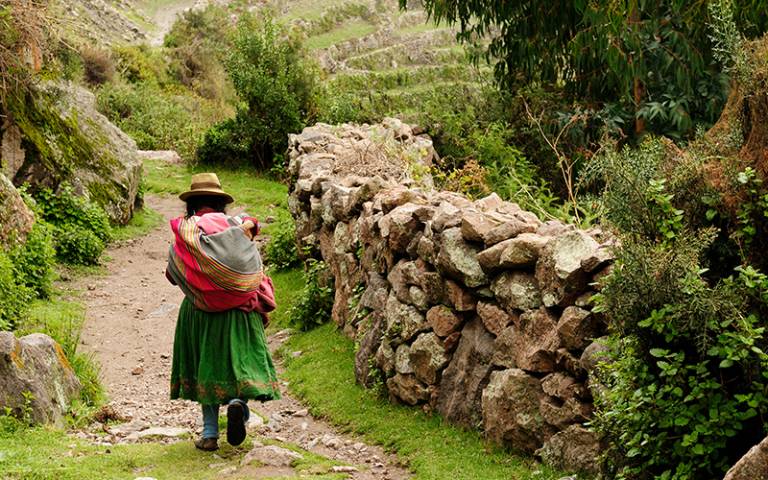'The kids are in charge' but 'adults talk too much'
24 February 2022, 12:00 pm–1:30 pm

In this webinar, Jessica Taft will speak about the Peruvian movement of working children and the implications for intergenerational activism.
This event is free.
Event Information
Open to
- All
Availability
- Yes
Cost
- Free
Organiser
-
Rachel Rosen
Professor Jessica Taft will speak about age and power in the Peruvian movement of working children. Since 1976, the movement has put forward a radical reimagining of childhood and children’s place in politics and society. They have argued strongly for children’s fundamental equality with adults and for more horizontal intergenerational relationships.
Drawing on ethnographic observation and in-depth interviews, this talk traces the complex dynamics of age-based power that emerge in this unique social movement. It examines how adults, adolescents, and kids understand the meaning of age categories, and how these categories shape the processes by which they make decisions, organise the movement’s activities, and influence each other.
In doing so, the talk draws larger conclusions about the possibilities and challenges for contesting the accumulation of power and authority in the hands of older individuals.
Dr Stuart Tannok will be the respondent on this event.
This event will be particularly useful for those interested in childhood, generation, social movements and labour.
Related links
About the Speakers
Jessica Taft
Professor of Latin American and Latino Studies at University of California, Santa Cruz (USA)
Her work focuses on the political lives of children and youth across the Americas, with an emphasis on youth activists and youth social movements. Theoretically, she is interested in how identity narratives shape social movement practices and look at how the subject categories of child, youth, adult, teenager, and girl are constructed within transnational and local political cultures, and how these subject categories matter for the strategies, organisational structures, and internal dynamics of social movements.
Stuart Tannock
Associate Professor at IOE
Stuart is also a member of the Critical Childhood Studies Research Group (CCSRG). His research focuses on critical youth studies; educational equality and justice in a global context; the social politics of immigration, work and education; and alternative forms of radical, popular, democratic and environmental education. He created and leads a community organising placement based module for second year students called Educating and Organising for Social Justice.
More about Stuart Tannock Close
Close

